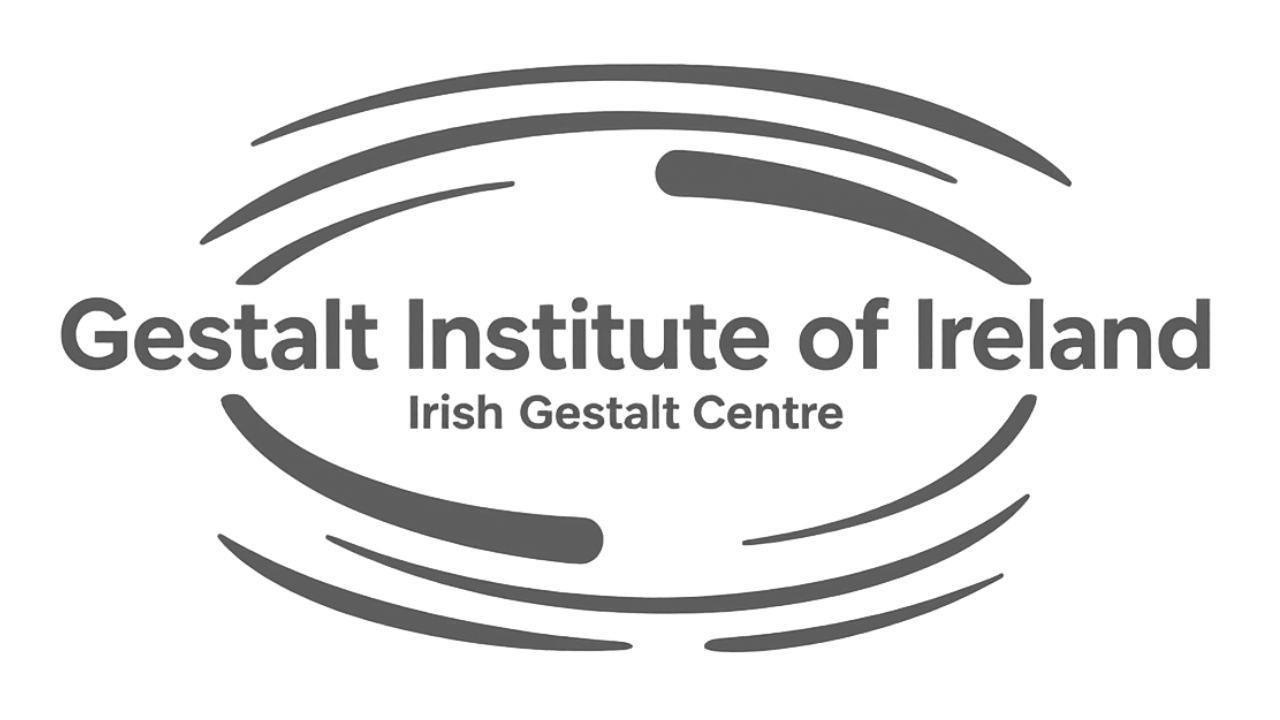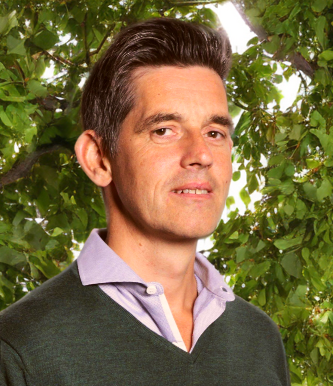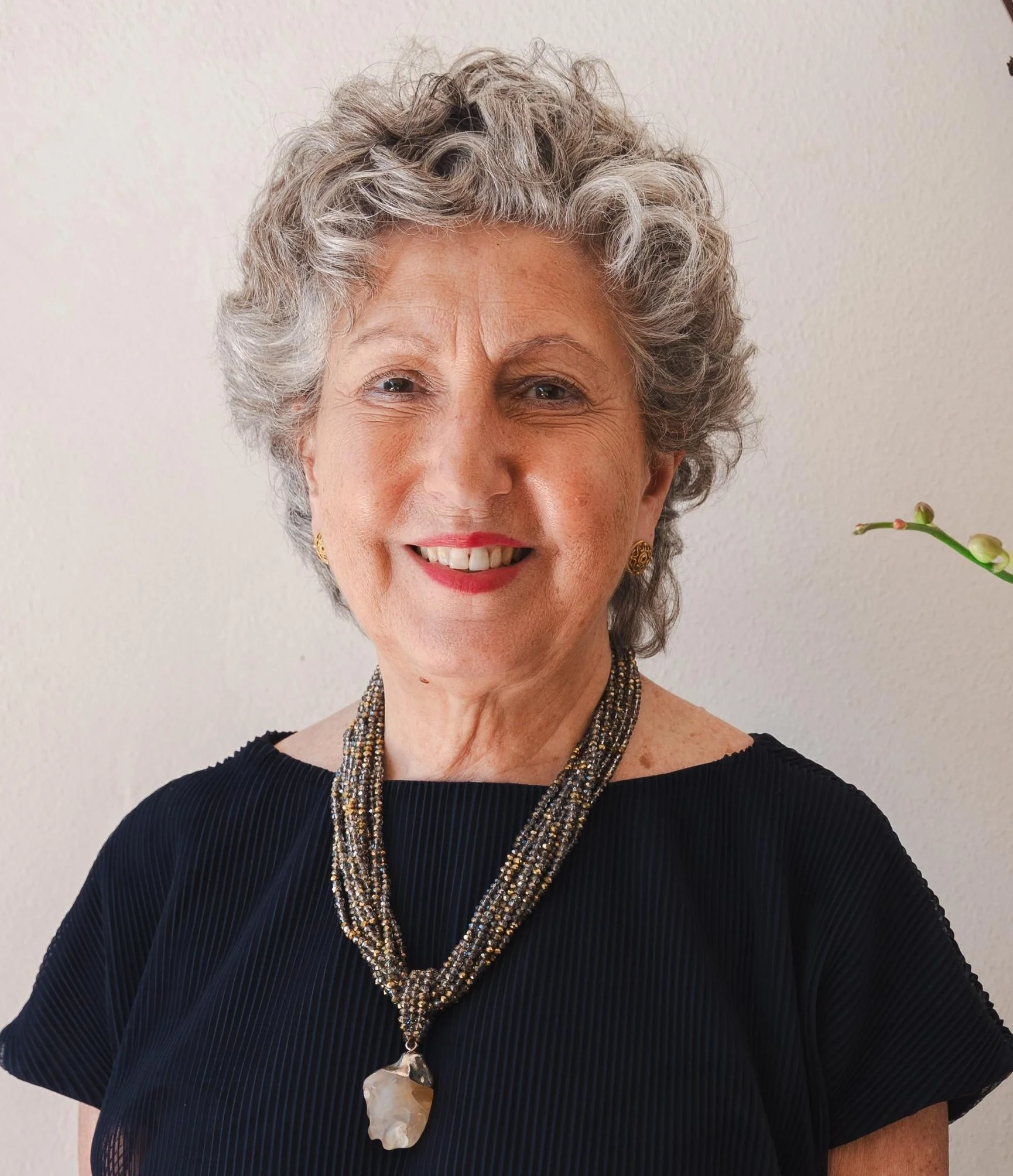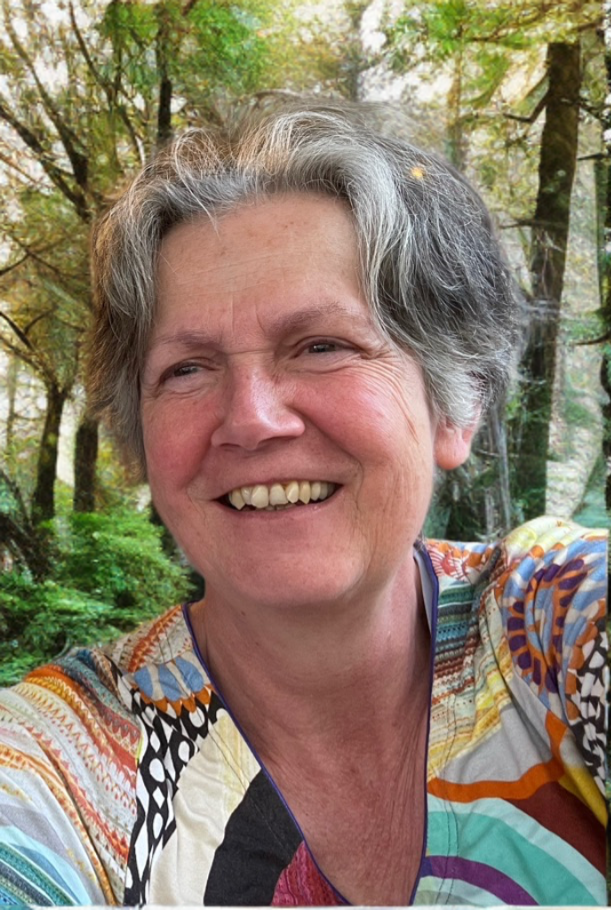GESTALT
CLINICAL SUPERVISION
A Supervision Training
Rooted in Embodied Wisdom and Field Awareness
Delivered at the Teach Bhríde, Tullow, Co. Carlow and online | Starts May 2026
Meet the Team
The Certificate in Gestalt Clinical Supervision
Is more than a qualification - it is a transformative journey into a unique way of knowing, grounded in Gestalt epistemology. At the heart of this programme is an embodied, relational, and field-sensitive approach to supervision. Participants are invited into an educative process that honours lived experience, presence, dialogue, and the co-emerging field of every supervisory encounter.
This training is residential as it is designed for those who want to deepen their capacity to supervise with embodied awareness, creativity, and ethical sensitivity—while engaging in rigorous self-inquiry within a supportive, collaborative learning group over time.
This training enables you to apply for accreditation as a supervisor with IACP and IAHIP.
What Makes This Programme Unique?
1. Embodied Epistemology
Our training is rooted in a way of knowing that honours the body, aesthetic sensibility, and the unfolding co-emerging embodied process of the here-and-now. Inspired by embodied phenomenology and Gestalt field theory, we explore supervision as a co-created space where meaning emerges through relationship, not from fixed models or top-down techniques.
2. A Living Learning Group
The group is central—not just as a container for learning but as a co-creative field in itself. Together, participants form a dynamic learning community where interpersonal process becomes a site for insight, practice, and transformation. You’ll experience and facilitate individual and group supervision, develop a nuanced understanding of group dynamics, and engage with the unfolding group field as both supervisor and participant.
3. Field-Centred Practice
Supervision is approached as an inherently relational and contextual process, shaped by the wider personal, social, cultural, and ecological field. Our work includes an active engagement with issues of intersectionality, diversity, and the impact of systemic power and difference on the supervisory relationship.
Who Is This Programme For?
This programme is designed for:
Accredited psychotherapists and counsellors (minimum 4 years post-qualification)
Those grounded in Gestalt, Humanistic, or Integrative approaches to therapy
Practitioners beginning their supervisory journey or experienced supervisors seeking to re-root their work in a deeper, more embodied relational model that attends to the kinetic-kinaesthetic-haptic ways of knowing
The residential and group-based nature of the programme appeals to those who want to immerse themselves in an experiential, relationally rich learning environment.
Programme Structure
Duration: 18 months
Format: Six residential weekend workshops + five online integration sessions
Award: Level 9 Certificate in Clinical Supervision (20 ECTS)
Over the course of the programme, you will:
Participate in 130 hours of tutor-led learning, including live practice
Engage in a minimum of 50 hours of clinical supervision with supervisees
Join supervision groups and explore how embodied knowing may point towards that which has yet to be spoken
Take part in peer learning, independent study, and reflective assignments
Learn with international and published Gestalt practitioners face to face and on-line
Be part of a consistent group cohort, fostering deep connection and mutual learning
Submit a supervision portfolio, critical reflections, and tutor-assessed reports
Embodied & Experiential Learning
Each workshop is a living, experiential, embodied and exploratory inquiry of supervisory practice. With a focus on the embodied and relational experience of the supervisor-supervisee dynamic, participants engage in:
Live demonstrations and case-based teaching
Group supervision practice and facilitation
Peer and tutor feedback
Creative experiments and movement that reveal the unspoken dynamics of the field
Critical exploration of identity, power, and systemic factors affecting supervision
Learning Outcomes
Knowledge & Integration
Graduates will demonstrate:
A field-sensitive understanding of supervision as a lived, relational process
Integration of Gestalt theory with creative, aesthetic, and embodied knowing
Deep awareness of the group field and its influence on supervision
Sensitivity to diversity, systemic inequities, and ethical complexity
Skills
Graduates will be able to:
Facilitate both individual and group supervision with depth and clarity
Offer clear, developmental feedback grounded in awareness and relationship
Work effectively in varied formats—online, in-person, group and organisational
Apply creative, experimental approaches to explore supervisory dilemmas
Maintain a rigorous ethical stance while honouring the fluidity of the field
Programme Staff
Core Faculty:
Catherine Power – IAHIP, IACP
Brenda Boland – IACP
Kate McCarthy- IAHIP
Dr. Billy Desmond – UKCP, IAHIP
In person visiting tutors:
Julianne Appel-Opper
On-line visiting tutors:
Dr. Ruella Frank - Centre of Somatic Studies NYC
Dr. Margherita Spagnuolo-Lobb - Istituto di Gestalt HCC Human Communication Center Italy
Peter Philippson MSc - Manchester Gestalt Centre
Fees & Application
Total Cost: €3,950- Fee includes SETU registration (Payable in four instalments)
Intake: Limited to 16 participants to preserve the integrity of the learning group
To Apply:
Request an application form via admin@gestaltinstitute.ie
Submit two professional references
Participate in an online interview with programme staff
A Transformative Learning Community Awaits
Join a vibrant, reflective, and ethically grounded community of practitioners committed to deepening the art and practice of clinical supervision.
Be part of a unique supervision training grounded in embodied awareness, relational depth, and the ‘intelligence’ of the group field.
Dates & Venue
Residential Workshops
(Teach Bhríde, Tullow, Co. Carlow):
Friday 22nd –Sunday 24th May 2026
Friday 11th –Sunday 13th September 2026
Friday 20th –Sunday 22nd November 2026
Friday 19th –Sunday 21st February 2027
Friday 14th –Sunday 16th May 2027
Friday 10th - Sunday 12th September
Online Integration Sessions:
Two-hour live sessions between workshops on Wednesday’s 7-9pm
Wednesday 1st July 2026
Wednesday 14th October 2026
Wednesday 13th January 2027
Wednesday 7th April 2027
Final online workshop TBC
Testimonials from participants:
“To be prepared against surprise is to be trained. To be prepared for surprise is to be educated “(J.P.Carse ). Learning how to be with the 'unknown' & the 'in between' is immensely valuable in supporting supervisees in their work. The question of 'how to fix it?' was replaced by the more therapeutic question 'how to be with what is here now?' The course was also a great opportunity to connect with peers & build ongoing professional supports in the diverse field of supervision.”
Fiona Clothier
‘‘The program feels like a natural extension of what we’ve already learned as psychotherapists. The academic side is absolutely doable, with less focus on heavy theory and more on deepening our understanding. It’s about sharpening our awareness and seeing familiar situations from a fresh, supervisory perspective.
What really stood out was how collaborative and inclusive the experience was, in a truly Gestalt approach. The opportunity to explore, reflect, and grow alongside peers in such a supportive environment made it incredibly enriching.
Some of the more frightening aspects of stepping into the role of supervisor, like the fear that I needed to know everything, or the weight of responsibility the role carries, were gently and openly explored throughout the program. These conversations, held in a space of trust, helped dissolve the pressure and allowed me to redefine what it means to hold a supervisory role. Through this, I developed strong, reliable bonds with the institute and my fellow students, which continue to support me even now.
Being in Teach Bhríde with the GII team brought depth, warmth, and presence to every moment of the programme. It truly embodied the spirit of Gestalt.’’
Jean Colleran








